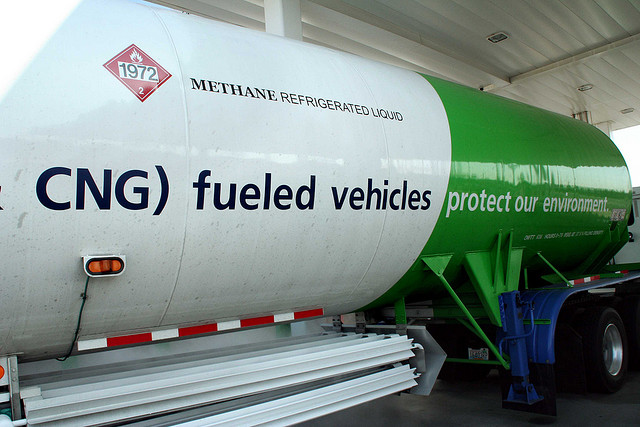The global energy crisis will continue to deepen and should act as an alarm call now about the decent long-term future rewards in sustainable investments, says the CEO of a leading global financial giant.
The analysis from Nigel Green, CEO and founder of deVere Group, one of the world’s largest independent financial advisory, asset management and fintech organisations, comes amid a flurry of international energy concerns.
On Monday, the European Union agreed to forge ahead with a partial ban on Russian oil. The action forbids the purchase of crude oil and petroleum products from Russia delivered to member states by sea.
It follows news that six million households face power blackouts over winter due to Russian threats that it will cut the EU’s gas supply, with the UK Government now drawing up plans for rationed electricity.
Elsewhere, U.S. oil inventories are already 14% below their five-year average; China – the world’s number two economy – has been battling its most severe energy crisis in a decade; and in South Africa, amongst other countries, there continues to be widespread rolling blackouts as supply falls behind demand.
Mr Green says: “The global energy crisis is only set to deepen. It’s not going away any time soon.
“The crunch was started by the world economy rebounding from the pandemic faster than was anticipated, bringing to the fore supply and infrastructure issues.
“But the rebound’s impact isn’t the only reason for the international energy crisis we’re currently experiencing.
“Nor is the ongoing war between Russia and Ukraine, which is slashing supply globally.
“Intrinsic demand is also surging due to a 1% rise per year in global population growth, plus the increase in wealth and consumption of the growing global middle class.”
However, what is now a big headache for households and policymakers is also an opportunity for investors.
“The energy crisis should serve as a catalyst for the energy transition.
“The current situation around the world must be dealt with in the short-term; but it has brought into sharp focus that rather than staying with fossil fuels, the longer-term answer to this and future energy crunches is to accelerate investment into sustainable projects that deliver cleaner power.
“Investors, keen to get ahead of the curve as well as earn profits with purpose, will be more keenly seeking out the opportunities as the world scrabbles to mitigate the environmental, economic and social fallout of the current situation – a situation which is likely to be a constant risk moving forward.
“They will be moving quickly to have an early advantage, foreseeing the undeniable value, necessity and rewards of sustainable investing.”
deVere highlighted its own commitment to back environmental, social and governance (ESG) values last year by being one of 18 founding signatories of a UN-backed Net Zero initiative, alongside the world’s two largest credit rating agencies, six major audit networks, three leading index providers, and two global stock exchanges.
The international alliance of powerhouse global finance companies will help accelerate the transition to a net zero financial system.
Nigel Green concludes: “The worsening global energy crisis is a defining issue of our time, and it represents a key opportunity for investors seeking to build long-term wealth with a purpose.”

 Billionaire Watch3 weeks ago
Billionaire Watch3 weeks ago
 Startups4 weeks ago
Startups4 weeks ago
 News4 weeks ago
News4 weeks ago
 News4 weeks ago
News4 weeks ago
 Bitcoin4 weeks ago
Bitcoin4 weeks ago
 Naira4 weeks ago
Naira4 weeks ago
 Forex3 weeks ago
Forex3 weeks ago
 Treasury Bills4 weeks ago
Treasury Bills4 weeks ago

























